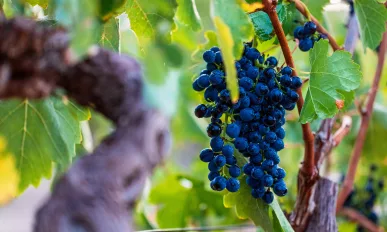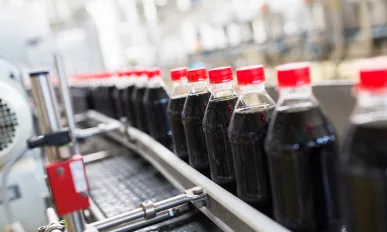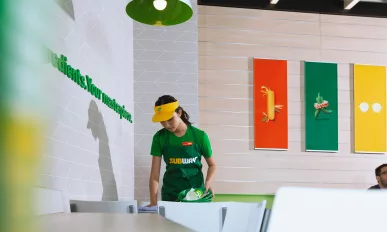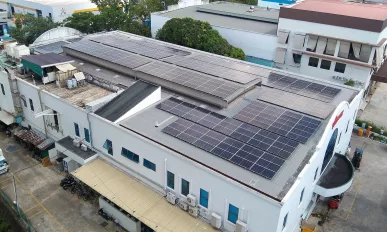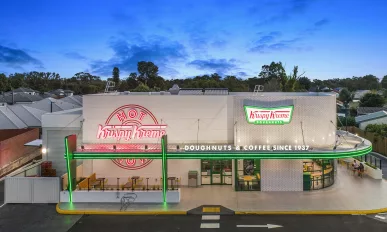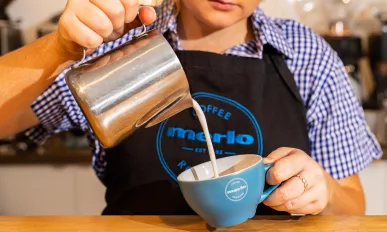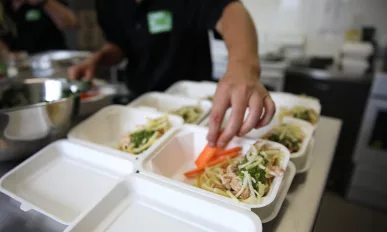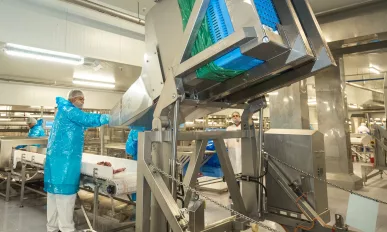Australian Grape and Wine: A Glass Half Full Approach
Managing a behemoth operation such as Australia’s wine exports is as rewarding as it is challenging. Tony Battaglene, CEO at Australian Grape & Wine, provides more in-depth focus.
Australian Beverages Council Ltd (ABCL) : Spotlight
Championing sustainability and circularity, the Australian Beverages Council (ABCL) is the peak body unifying Australia’s non-alcoholic beverage industry.
Subway Hong Kong & Macau : Fresh Way Forward
Made-to-order sandwiches and a myriad of business developments are on the menu for Subway Hong Kong & Macau, as the management team tells us.
InFood Asia : The Vital Ingredient
InFood Asia is pursuing ambitions of growth in the Asian FMCG space. Benefitting from the solid experience of Founder, Daniel Saw, we explore the company’s sharp insight into the industry.
Vitasoy International Singapore : Manufacturing Meatless Nutrition
Vitasoy International Singapore is the country’s leading producer of soybean-based products. We talk tofu and espousing an ESG focus with Managing Director, Chris Marchant.
Krispy Kreme ANZ : Destined To Delight
A company with the concept of joy baked firmly into its DNA, CEO of Krispy Kreme ANZ, Andrew McGuigan, unpacks the key ingredients behind a company culture established on true authenticity.
Paramount Liquor : A Customer-Centric Drive
“It’s an incredibly exciting industry to say the least, but immensely challenging at this point in time.” We speak to Leigh Rowe, Director at Paramount Liquor, about the food and beverage industry in Australia, and the company’s latest digital developments in the field.
Merlo Coffee : Fresh, Premium Coffee
David Holt, General Manager at Merlo Coffee, discusses his company’s drive to provide unrivalled coffee to the people of Queensland, Australia and further.
Libelle Group : Supplying Nutrition to the Nation
We speak to Johannes Tietze, CEO of Libelle Group, and discuss the company’s dramatic growth and sustainable methods providing New Zealand’s schools and students with healthy and balanced lunches.
Hilton Foods Australia and New Zealand : Sustainable Protein in the Southern Hemisphere
A food processing manufacturer of global proportions, Chief Operating Officer of Hilton Foods APAC, Pat McEntee, discusses championing ethics and the value of true partnership.



